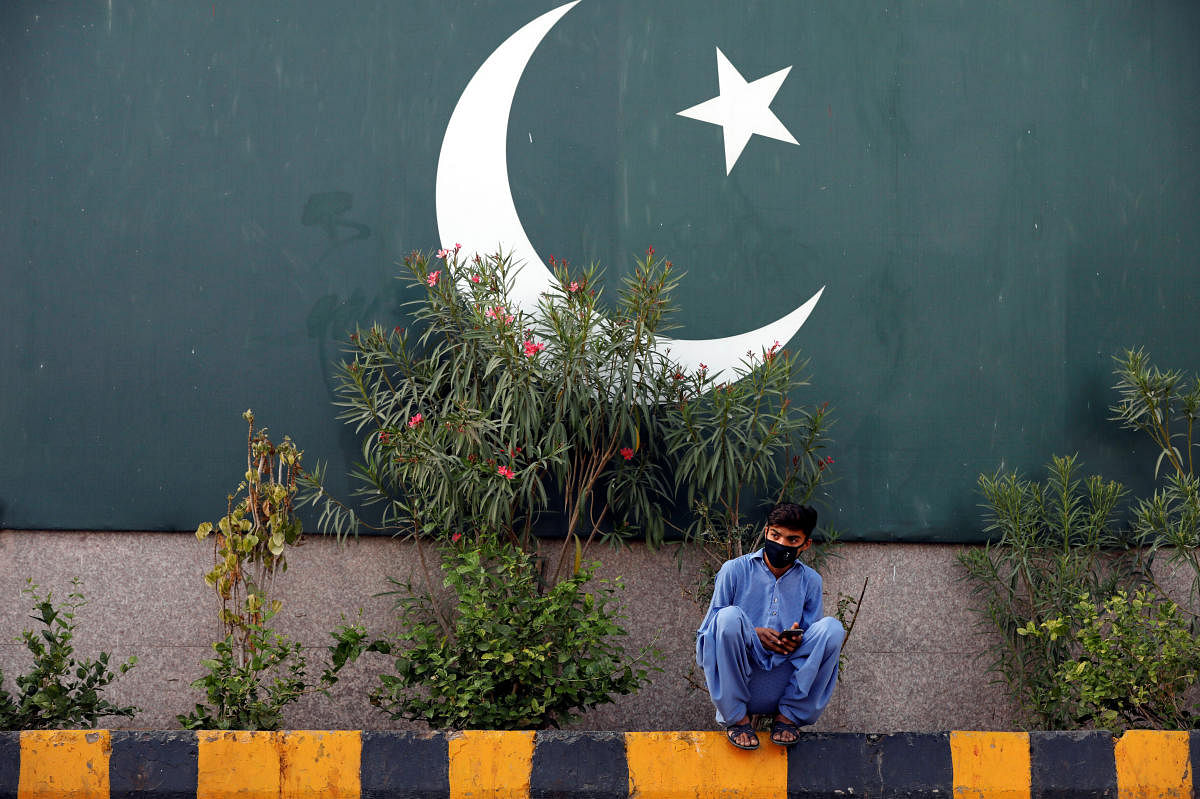
Cash-strapped Pakistan may face losses up to USD 61 million due to the deadly coronavirus outbreak, the ADB has said in its assessment report on the impact of the novel COVID-19 outbreak.
The virus that first emerged in China's Wuhan city in the Hubei province in December last year has spread to 97 countries and has infected 102,180 people, including 80,651 in China, according to the Johns Hopkins Coronavirus tracker.
In Pakistan, six cases of coronavirus have been reported and all have a history of travel to Iran. Three of the cases are in Karachi and three in Gilgit-Baltistan.
The Manila-based Asian Development Bank has projected that Pakistan’s economy may face USD 16 to USD 61 million losses due to the coronavirus outbreak, The Express Tribune quoted a report published on Friday.
"In moderate case scenario, the projected losses to be faced by Pakistan are USD 34.2 million. In worst case scenario, the projected losses to be faced by Pakistan are USD 60.8 million," the report said.
The report also gave estimates about global losses due to the novel virus.
The bank gave a "hypothetical worst case scenario" that shows Pakistan’s economy sustaining a whopping USD 5 billion loss due to spread of the virus.
In this case, Pakistan’s GDP will loss 1.57 per cent and 946,000 people will be unemployed, the report said.
The report showed that the global GDP will also be affected from USD 77 billion in best case scenario to USD 347 billion in worst case scenario, with China affected the most.
In a one-page paper issued by Tola Associate – tax and corporate advisors – it was also claimed that Pakistan’s economy will sustain USD 5 billion loss due to coronavirus. The firm based its claim on an ADB publication.
According to the estimates published by the ADB the impact of the coronavirus, in terms of the global GDP ranges from USD 77 billion in best case scenario to USD 347 billion in worst case scenario, or 0.1 per cent to 0.4 per cent of the global GDP.
The report said the total losses likely to be sustained by Pakistan will be only USD 16.23 million in best case scenario.
It projected that in best case scenario, Pakistan’s agriculture and mining sector could sustain a loss of USD 5.5 million; business trade, personal and public service USD 5.54 million; hotels and restaurants USD 0.67 million; light and heavy manufacturing USD 3.6 million and transport services USD 0.92 million, the report said.
In the worst case scenario, Pakistan’s agriculture and mining sector will face USD 21.7 million losses; business and trade USD 18.8 million losses; hotel and restaurants USD 2.4 million losses; light and heavy engineering USD 14.6 million losses; and transport services USD 3.4 million, it said.
In addition to the global slowdown, the fear caused by the COVID-19 is going to cause an estimated loss of USD 1.5 trillion across the globe in hypothetical worst case scenario. The lockdown has slowed down the pace of the Chinese economy, if compared to the last 30 years.
Coronavirus losses will depend on the magnitude of the problem and the scale of the underlying uncertainties in countries which have strong trade and production linkages with China, according to the Tola Associate.
The cash-strapped Pakistan government has been implementing austerity measures to improve the country''s finances. In July last year, Pakistan registered a currency reserve of less than USD 8 billion -- enough to cover only 1.7 months of imports.
The International Monetary Fund formally approved a USD 6-billion loan to Pakistan in July 2019, citing "significant" economic challenges. Pakistan has so far received billions in financial aid from friendly countries like China, Saudi Arabia and the UAE during the current fiscal year.